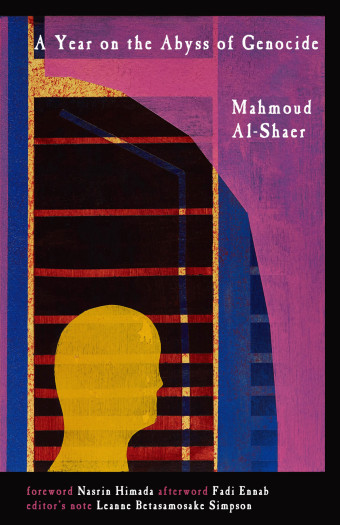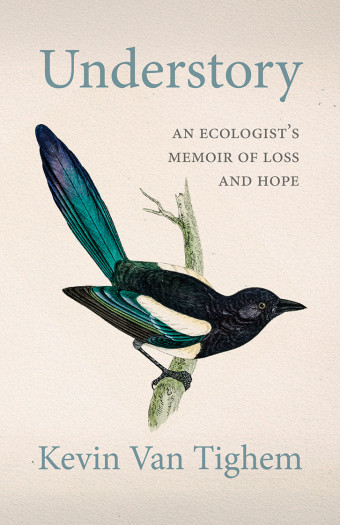Winnipeg poet and critic Cam Scott’s second book The Vanishing Signs is a collection of essays that explore literature and politics, using various theories to illuminate those explorations.

- Vanishing Signs
- Cam Scott
- Arbeiter Ring Publishing Ltd.
- $24.00 Paperback, 280 pages
- ISBN: 978-19-27886-64-9
Scott responds to texts such as Robert Glück’s Margery Kempe, Dionne Brand’s The Blue Clerk, Renata Adler’s Speedboat, Gail Scott’s The Obituary, and David Lynch’s Twin Peaks, and in the process, he provides a fascinating glimpse into himself as a serious and enthusiastic reader.
Although these essays are densely theoretical, Scott does not necessarily distinguish between literature and theory in his reading practice. He says, “Sometimes, in an ecumenical mood, I prefer to think of theory as a special case of literature, where my favourite works of theory pass a reasonable test of style, and I can read them on the pleasure principle, even as they elucidate structures and topics of concern.”
As a producer of both theory and poetry, though, Scott does have different criteria for the different kinds of texts and purposes. “If literature makes representations of the world,” he says, “I see literary theory as a way of testing or qualifying those representations.”
He also believes that the theory has to arise from the material – “the material has to recommend the theory, in a sense.”
Two theories often arising are Marxism and psychoanalysis. Scott resists the way these are treated as simply ways of analyzing texts. “For me,” he says, “these disciplines are, if not scientific in the customary sense, still the best available descriptions of the subjective structures and objective realities of which artworks are a product.
“Both psychoanalysis and Marxism are attempts to improve life, whether one’s own or that of the collective, by feats of understanding – they are purposed at transformation.”
Scott’s essays explore the way literature can model social transformation. His ideas about this evolve over the course of the book. “In some of the earlier essays, I more or less suppose a prefigurative or imaginary capacity for literature, such that it can depict worlds in which we might desire to live, but do not inhabit at present,” he says.

“By the time of the final essays collected here, I prefer to think of works of art as socially derived reflections of the society in which they are produced. But of course, these statements don’t replace each other, they presuppose one another; for how can literature depict an altered world if its fantastic terms aren’t derived from reality?”
Scott writes in the preface to the collection that “these pieces have two things in common: that thought is not private, and nothing should be,” stating his opposition to capitalism in all of its forms.
“My strongest conviction is that capitalism is a seismically violent ongoing event, and we need to ensure its historical transience,” he says. “I can imagine the abolition of private property transpiring in many registers and by many means, but I often think about the absolutely common property of language as an obvious model. We use it, and we never use it up. We share words, and nothing is exchanged. Our consciousness resists and falsifies privatization.
“I’ve thought about it for a while and am fairly satisfied that this is not a metaphor.”













